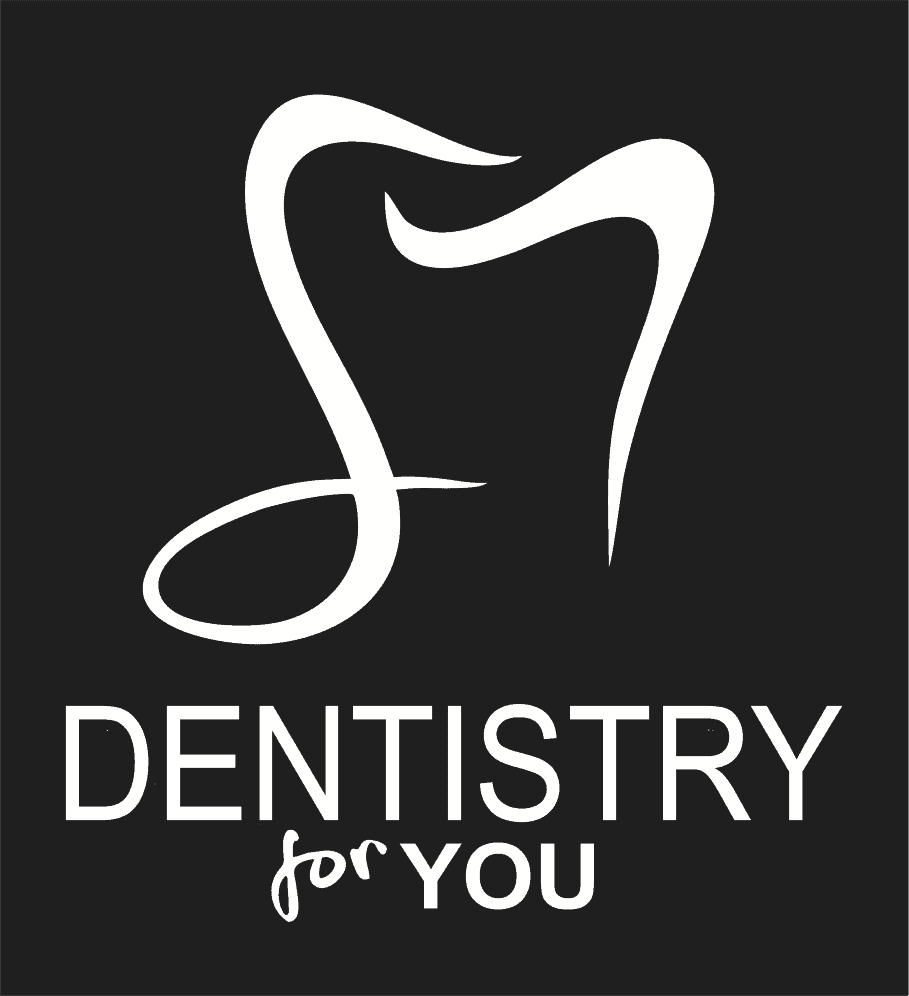
10 May Tips for Caring for Your Dental Implants: Ensuring Long-Term Succes
Simple Tips for Taking Care of Your Dental Implants
Dental implants are the pinnacle of modern dentistry, offering a permanent solution for missing teeth that restores both function and aesthetics. However, achieving long-term success with dental implants requires more than just the initial procedure; it necessitates ongoing care and maintenance. In this comprehensive guide, we’ll delve deeply into each aspect of caring for your dental implants to ensure they remain healthy and functional for years to come.
Keep It Clean:
Maintaining proper oral hygiene is paramount for the longevity of your dental implants. Brushing at least twice a day with a soft-bristled toothbrush and fluoride toothpaste is essential for removing plaque and bacteria from the implant surfaces and surrounding gums. Pay close attention to the areas where the implants meet the gums, as plaque accumulation in these areas can lead to inflammation and potential implant failure. Additionally, incorporating interdental cleaning tools such as dental floss, water flossers, or interdental brushes into your routine is crucial for effectively cleaning between implants and adjacent teeth, preventing the buildup of plaque and debris that can contribute to gum disease and implant complications.
Check In Regularly:
Routine dental check-ups are instrumental in monitoring the health and stability of your dental implants. Your dentist will conduct a thorough examination, assessing the condition of the implants, the integrity of the surrounding gum tissue, and the density of the supporting bone. These regular assessments enable early detection of any potential issues such as peri-implantitis (inflammation of the tissues surrounding the implant) or bone loss, allowing for prompt intervention and appropriate management. Moreover, professional cleanings performed by your dental hygienist during these visits help remove stubborn plaque and calculus deposits that may be inaccessible with regular brushing and flossing alone, promoting optimal oral health and implant longevity.
Easy on the Chew:
While dental implants are designed to withstand the forces of chewing and biting, excessive stress can compromise their stability and longevity. Avoid consuming hard or sticky foods that can exert undue pressure on the implants, potentially leading to implant fracture or loosening. Instead, opt for a diet rich in softer, easily chewable foods that minimize strain on the implants while still providing essential nutrients for overall health. Additionally, practicing mindful chewing habits, such as avoiding using your implants to crack nuts or chew ice, can help protect against unnecessary wear and tear, preserving the integrity of your dental implants for years to come.
Kick the Habit:
Smoking poses significant risks to both oral health and the success of dental implants. Nicotine and other harmful substances found in tobacco products can impede the body’s ability to heal following implant placement, increasing the likelihood of complications such as implant failure, peri-implantitis, and delayed wound healing. Furthermore, smoking is a known risk factor for periodontal (gum) disease, which can compromise the stability of dental implants by causing bone loss and soft tissue inflammation. Quitting smoking is therefore paramount for optimizing the long-term outcomes of dental implant treatment and preserving the health and integrity of your smile.

Nighttime Protection:
Bruxism, or teeth grinding and clenching, can exert excessive forces on dental implants, leading to implant overload, component fracture, and implant-related complications. If you experience bruxism, especially during sleep, wearing a custom-fitted night guard can help alleviate pressure on the implants and protect them from damage. A night guard acts as a cushion, redistributing the forces generated during grinding and clenching, thereby reducing the risk of implant-related complications and preserving the longevity of your dental implants. Consult with your dentist to determine if a night guard is appropriate for your individual needs and to ensure proper fit and effectiveness.
Overall Wellness:
The health of your dental implants is closely intertwined with your overall well-being. Eating a balanced diet rich in essential nutrients, particularly calcium, vitamin D, and vitamin C, supports optimal bone health and facilitates proper osseointegration—the process by which the implant fuses with the surrounding bone. Adequate hydration is also important for maintaining oral health and promoting healing following implant surgery. Additionally, managing systemic conditions such as diabetes, cardiovascular disease, and immunodeficiency disorders is critical for reducing the risk of implant complications and ensuring successful long-term outcomes. Be sure to communicate with your dental team about any medical conditions or medications you are currently taking, as these factors may influence your implant treatment and post-operative care plan.

Conclusion:
Caring for your dental implants requires a multifaceted approach that encompasses diligent oral hygiene practices, regular dental monitoring, lifestyle modifications, and attention to overall health and wellness. By adhering to the comprehensive guidelines outlined in this guide and working closely with your dental provider, you can safeguard the health and longevity of your dental implants, preserving your smile and quality of life for years to come. Remember, investing in the care of your dental implants today ensures a bright and confident future tomorrow.





Sorry, the comment form is closed at this time.